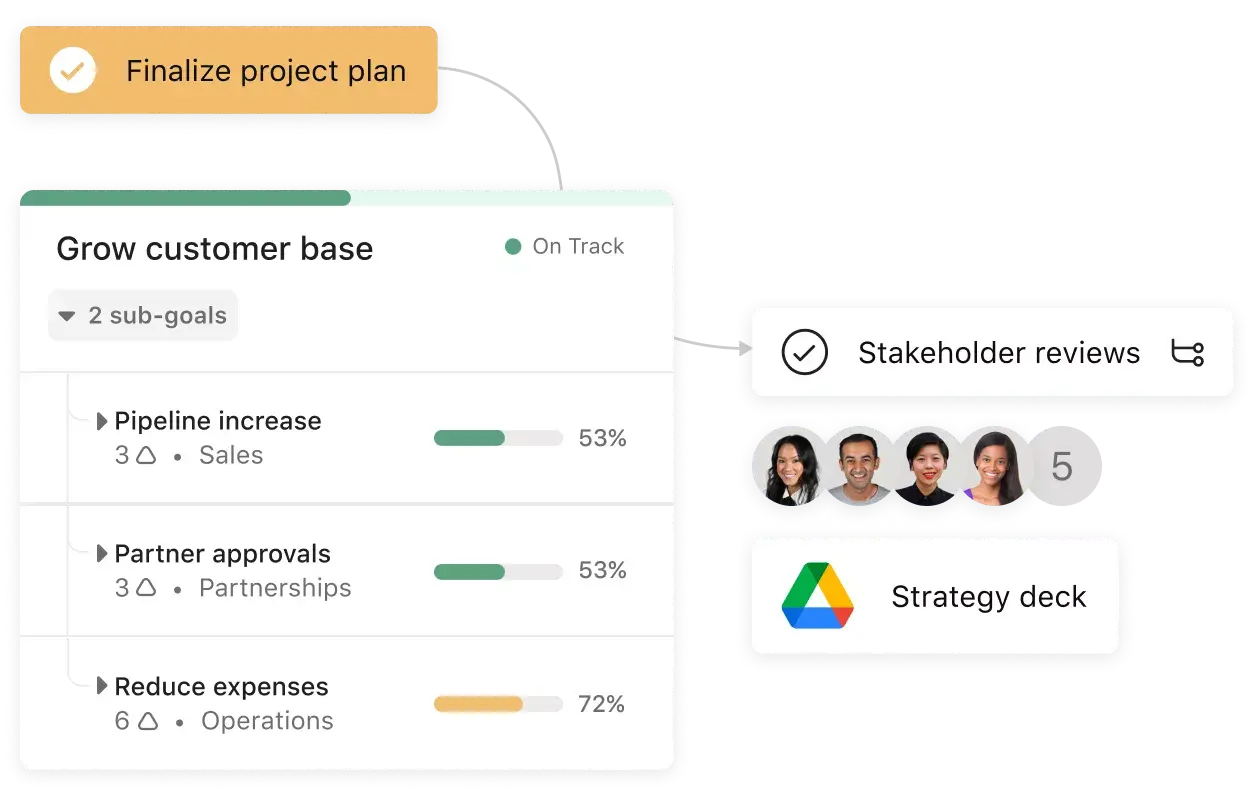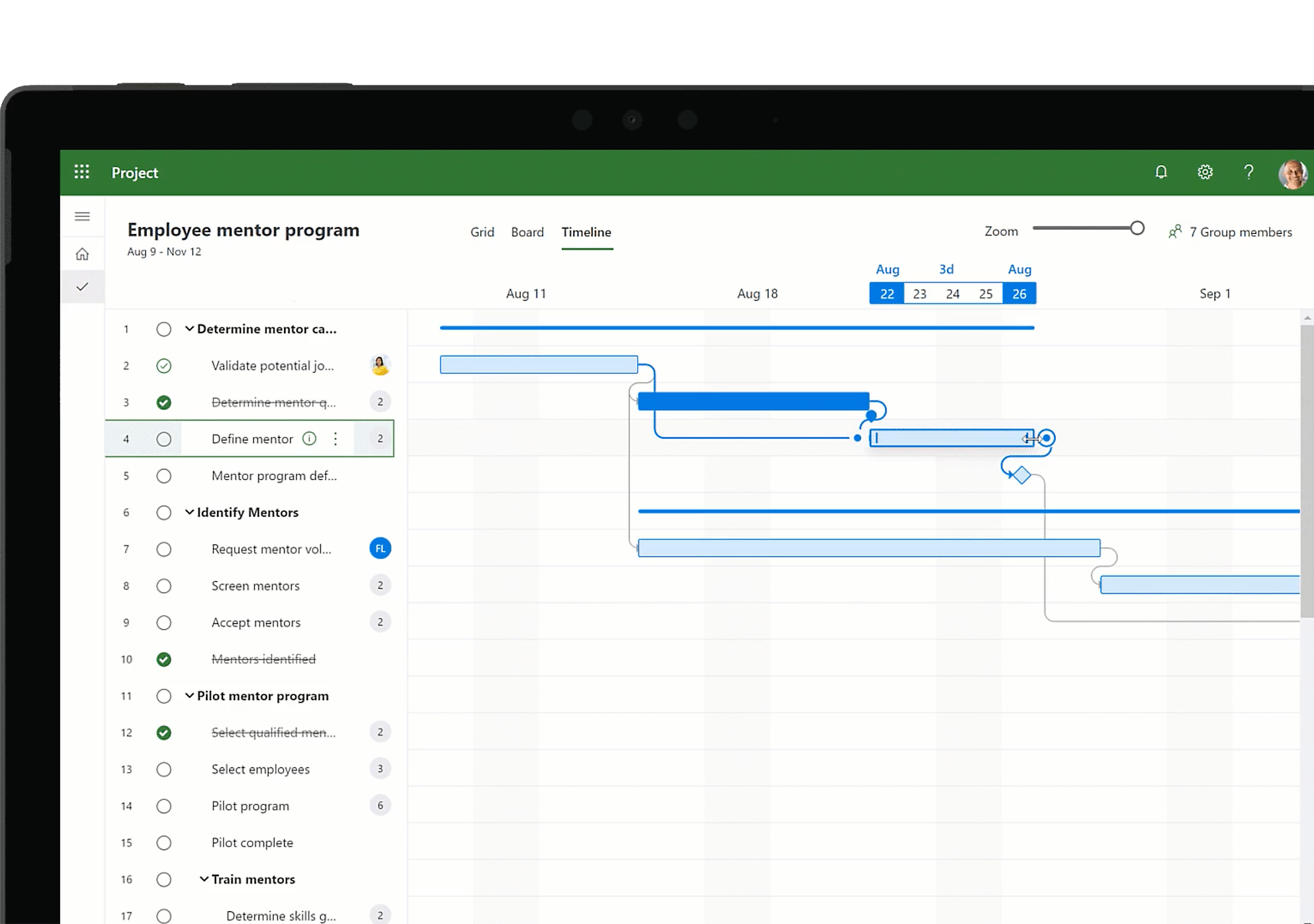Project Management Application – Can boost Your Workflow

This blog explores the essentials of project management, the importance of project management Applications, and how businesses can choose the best tool for their needs. Additionally, it provides an in-depth look at the top 10 project management tools in 2025, highlighting why SalesTown is the ultimate solution for streamlined workflows and better productivity. By the end, you’ll discover actionable steps to get started with SalesTown’s innovative platform.
What is Project Management?
Project management is the process of planning, organizing, and overseeing tasks and resources to achieve specific goals within a defined timeframe. It involves setting objectives, allocating resources, managing risks, and ensuring successful project completion. Effective project management ensures that projects are delivered on time, within budget, and meet the desired quality standards.
Key Elements of Project Management:
- Planning: Setting clear objectives, timelines, and resource requirements.
- Execution: Coordinating tasks, teams, and resources to meet objectives.
- Monitoring: Tracking progress and performance to ensure alignment with goals.
- Completion: Delivering the project within scope, time, and budget constraints.
What is Project Management Software?
Project management software is a digital tool designed to help businesses plan, execute, and monitor their projects efficiently. It provides features like task assignment, progress tracking, team collaboration, and reporting. By automating and centralizing project-related activities, this software simplifies complex workflows and boosts productivity.
Benefits of Project Management Software:
- Centralized Communication: Ensures all stakeholders are on the same page.
- Improved Efficiency: Automates repetitive tasks, saving time and effort.
- Real-Time Insights: Provides data-driven insights for better decision-making.
- Scalability: Supports businesses as they grow and take on larger projects.
- Customizability: Allows teams to tailor features to suit their specific needs.
Why is a Project Management Application Important for Businesses?
A project management application is a tool that helps businesses plan, organize, and track their projects. It plays a crucial role in ensuring that projects are completed on time, within budget, and to the right standards. Here’s why it’s so important for businesses:
1. Clear Goals and Objectives
A project management tool helps businesses set clear goals for each project. It outlines what needs to be done, by when, and by whom.
- Team Alignment: Everyone knows what they need to do and when which helps the whole team work toward the same goal.
- Tracking Progress: The app helps you check if the project is on track and if goals are being met, allowing you to make changes if needed.
2. Resource Optimization
A project management tool helps businesses use their resources (time, money, and people) wisely.
- Time Management: It helps you set deadlines and reminders so tasks are completed on time.
- Budget Control: The app tracks spending and helps you stay within budget, so you don’t overspend.
- Managing People: It ensures that tasks are assigned to the right people based on their skills and availability.
3. Risk Management
Every project has risks, like delays or unexpected problems. A project management app helps you spot these risks early and deal with them before they cause big issues.
- Spotting Risks Early: The app alerts you if something might go wrong, so you can fix it before it affects the project.
- Making Plans: It allows you to create backup plans in case something goes wrong, helping you stay prepared.
- Preventing Disruptions: By managing risks well, you can keep the project moving forward without major disruptions.
4. Improved Collaboration
Project management tools make it easier for team members to work together and communicate effectively.
- Centralized Communication: All messages, files, and updates are in one place, so everyone stays informed.
- Real-Time Updates: The app sends instant notifications about task changes, keeping everyone in the loop.
- Working Across Teams: It allows different teams to work together smoothly, even if they are in different departments.
5. Higher Success Rates
Using a project management application increases the chances of completing projects successfully.
- Organized Planning: It breaks down the project into smaller tasks, making it easier to manage and complete.
- Accountability: Everyone knows what they are responsible for, which helps avoid missed deadlines or incomplete work.
- Data-Driven Decisions: The app gives you useful data to make smart decisions and adjust the project as needed.
6. Scalability
As businesses grow, their projects become bigger and more complex. A project management app can grow with the business, making it easier to manage larger projects and more team members.
- Handling Bigger Teams: As the team grows, the app can help keep everyone organized and on track.
- Managing Multiple Projects: The tool helps you manage more than one project at the same time, making sure nothing gets overlooked.
- Adapting to Growth: The app can scale to handle more complex tasks and larger teams as the business expands.
7. Increased Transparency
A project management application makes everything about the project visible to everyone involved, which builds trust and keeps the project on track.
- Visibility for Everyone: Stakeholders can see real-time updates about the project’s progress, which keeps them informed.
- Clear Reporting: The app can generate reports showing how the project is doing, helping you identify areas that need attention.
8. Enhanced Customer Satisfaction
When projects are managed well, customers are more likely to be happy with the results.
- On-Time Delivery: The app helps ensure that projects are completed on time, which keeps customers satisfied.
- Maintaining Quality: It helps you track progress and make sure the project meets quality standards.
- Customer Involvement: Some project management tools allow clients to be involved and provide feedback throughout the project, improving the final result.
9. Time Savings and Efficiency
A project management tool helps businesses save time and work more efficiently.
- Automating Tasks: The app can automatically send reminders, update statuses, and notify team members, saving time on manual work.
- Streamlined Workflows: All project information is in one place, making it easy to track tasks and communicate with the team.
- Less Admin Work: By automating repetitive tasks, the app frees up time for the team to focus on important work.
How to Choose the Best Project Management Software for Your Business
Selecting the right project management software can significantly impact your team’s productivity and overall business success. Here are some factors to consider:
1. Define Your Needs:
- Identify the features that are most important for your business, such as task management, reporting, or integrations.
2. User-Friendly Interface:
- Ensure the software is easy to use for your team, minimizing the learning curve.
3. Scalability:
- Choose a solution that can grow with your business and handle more complex projects over time.
4. Integration Capabilities:
- Look for software that integrates with your existing tools, such as CRMs or communication platforms.
5. Budget-Friendly Options:
- Evaluate the pricing plans and select one that offers the best value for your budget.
6. Customer Support:
- Opt for a solution with reliable customer support to assist you whenever needed.
Top 10 Project Management Tools in 2025
Rank | Tool Name | Key Features | Price Range |
1 | SalesTown | CRM integration, customizable workflows, real-time updates | Affordable plans |
2 | Trello | Kanban boards, task tracking, team collaboration | Free to Premium |
3 | Asana | Project templates, automation, detailed reporting | Free to Enterprise |
4 | Monday.com | Custom workflows, time tracking, visual dashboards | Paid plans only |
5 | Jira | Agile tools, bug tracking, developer-friendly | Free to Premium |
6 | Wrike | Advanced analytics, integrations, workload management | Paid plans only |
7 | Basecamp | Simple interface, real-time chat, to-do lists | Fixed pricing |
8 | ClickUp | All-in-one platform, time tracking, task automation | Free to Premium |
9 | Microsoft Project | Enterprise-level planning, Gantt charts, reporting | Paid plans only |
10 | Zoho Projects | Budget tracking, team collaboration, integrations | Free to Premium |
Detailed Overview of the Top 10 Tools
1. SalesTown
SalesTown offers seamless integration with CRM, making it an all-in-one platform for managing customer relationships and projects. Its customizable workflows, real-time updates, and advanced reporting make it the top choice for businesses looking for efficiency and productivity.
Key Features:
- CRM integration
- Customizable workflows
- Real-time collaboration
- Advanced analytics
- Affordable pricing plans
2. Trello
Trello uses a simple Kanban board system to help teams organize tasks. Its drag-and-drop interface and integrations with popular tools make it ideal for small teams.

Key Features:
- Kanban boards
- Task tracking
- Team collaboration
- Integrations with tools like Slack and Google Drive
3. Asana
Asana provides robust project management features, including templates and automation options. It is highly customizable and suitable for teams of all sizes.
Key Features:
- Project templates
- Automation capabilities
- Customizable dashboards
- Detailed reporting
4. Monday.com
Monday.com offers visual dashboards and custom workflows, making it easy to track project progress. Its integration capabilities and time tracking features are perfect for medium to large teams.
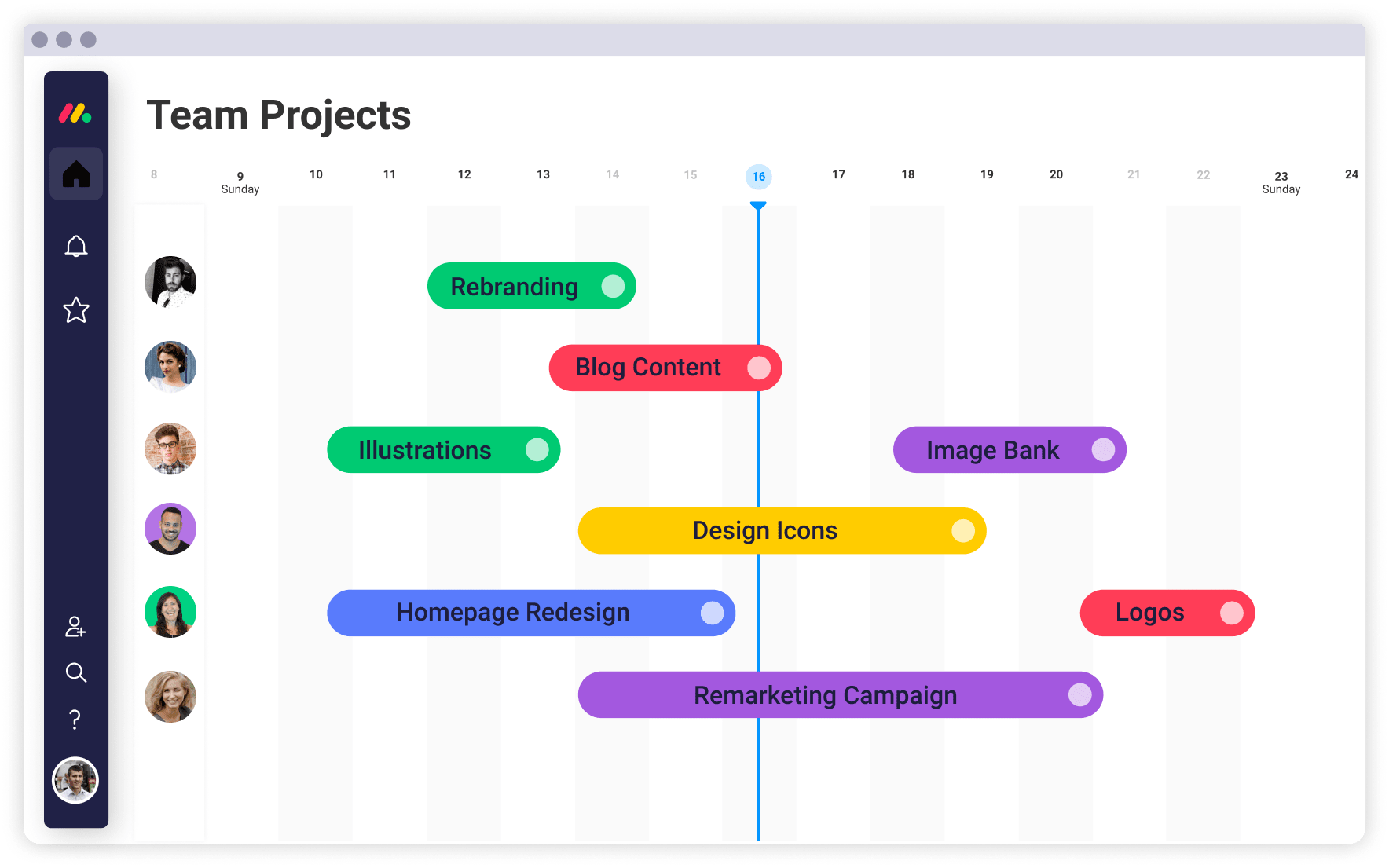
Key Features:
- Visual dashboards
- Custom workflows
- Time tracking
- Integrations with various apps
5. Jira
Jira is a developer-focused tool that excels in agile project management. It is ideal for software development teams, with features like bug tracking and sprint planning.
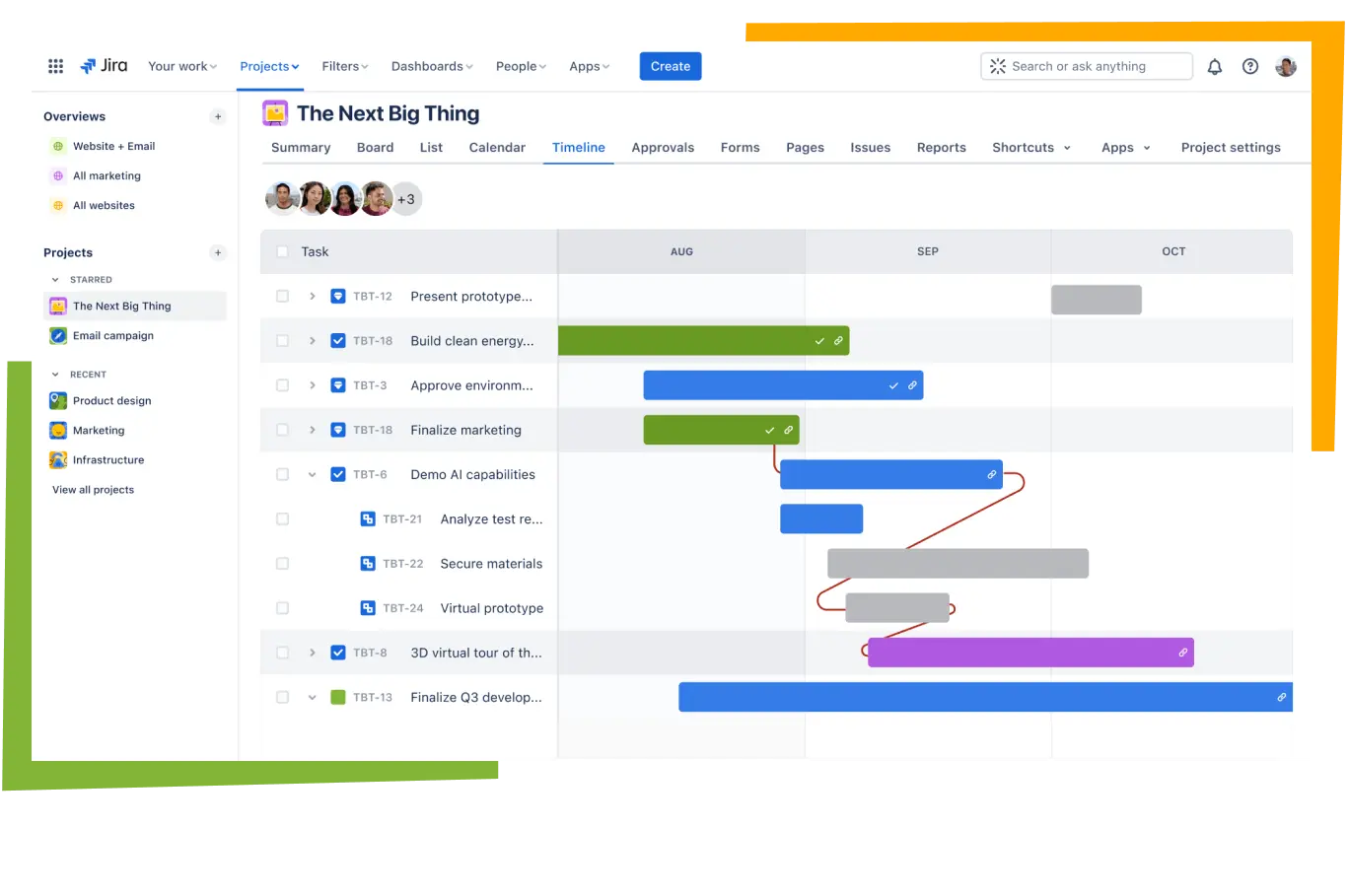
Key Features:
- Agile tools
- Bug tracking
- Sprint planning
- Developer-friendly interface
6. Wrike
Wrike offers advanced analytics and workload management, making it suitable for data-driven teams. Its integrations with marketing and creative tools set it apart.
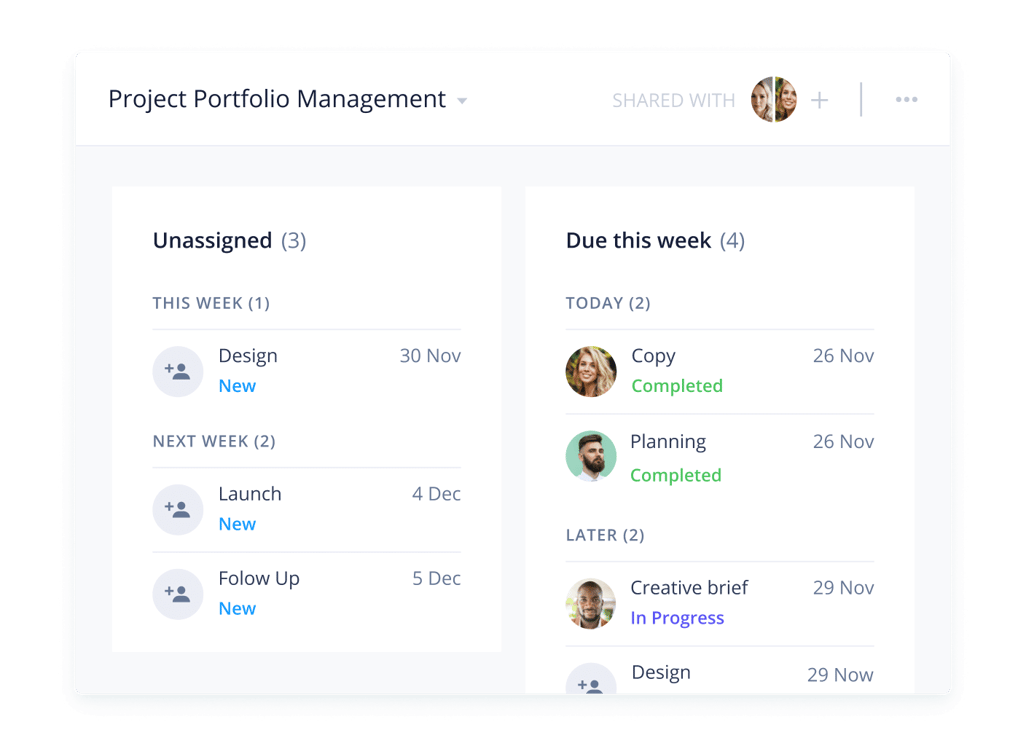
Key Features:
- Advanced analytics
- Workload management
- Marketing integrations
- Custom dashboards
7. Basecamp
Basecamp is known for its simplicity and ease of use. It includes real-time chat, to-do lists, and document sharing, making it great for small teams.
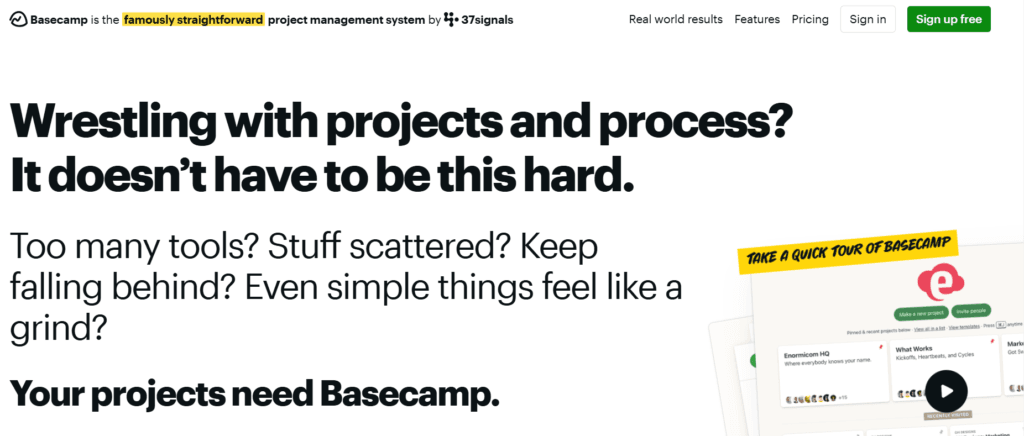
Key Features:
- Real-time chat
- To-do lists
- Document sharing
- Fixed pricing
8. ClickUp
ClickUp provides an all-in-one solution with features like time tracking and task automation. It is highly customizable, catering to various team needs.
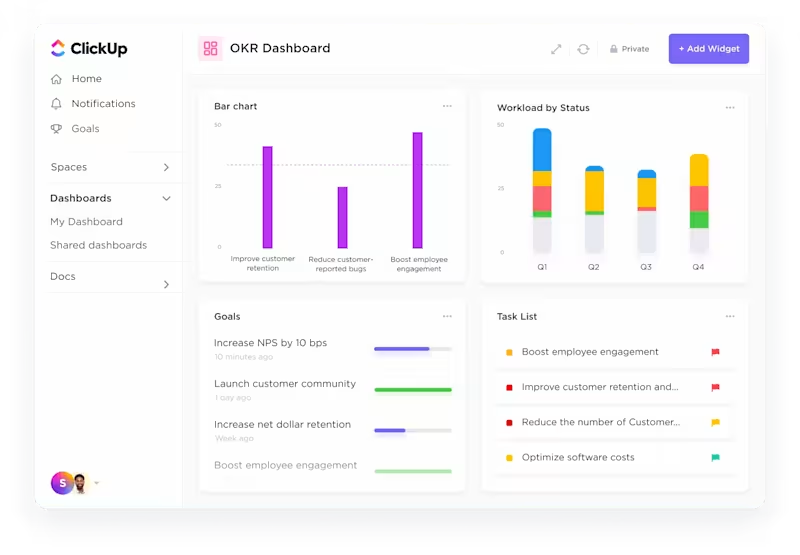
Key Features:
- All-in-one platform
- Time tracking
- Task automation
- Customizable views
9. Microsoft Project
Microsoft Project is designed for enterprise-level planning, offering tools like Gantt charts and detailed reporting. It is best suited for large organizations.
Key Features:
- Gantt charts
- Resource management
- Enterprise-level reporting
- Integration with Microsoft 365
10. Zoho Projects
Zoho Projects provides budget tracking and robust collaboration tools. Its affordability and integrations make it a good choice for small to medium businesses.
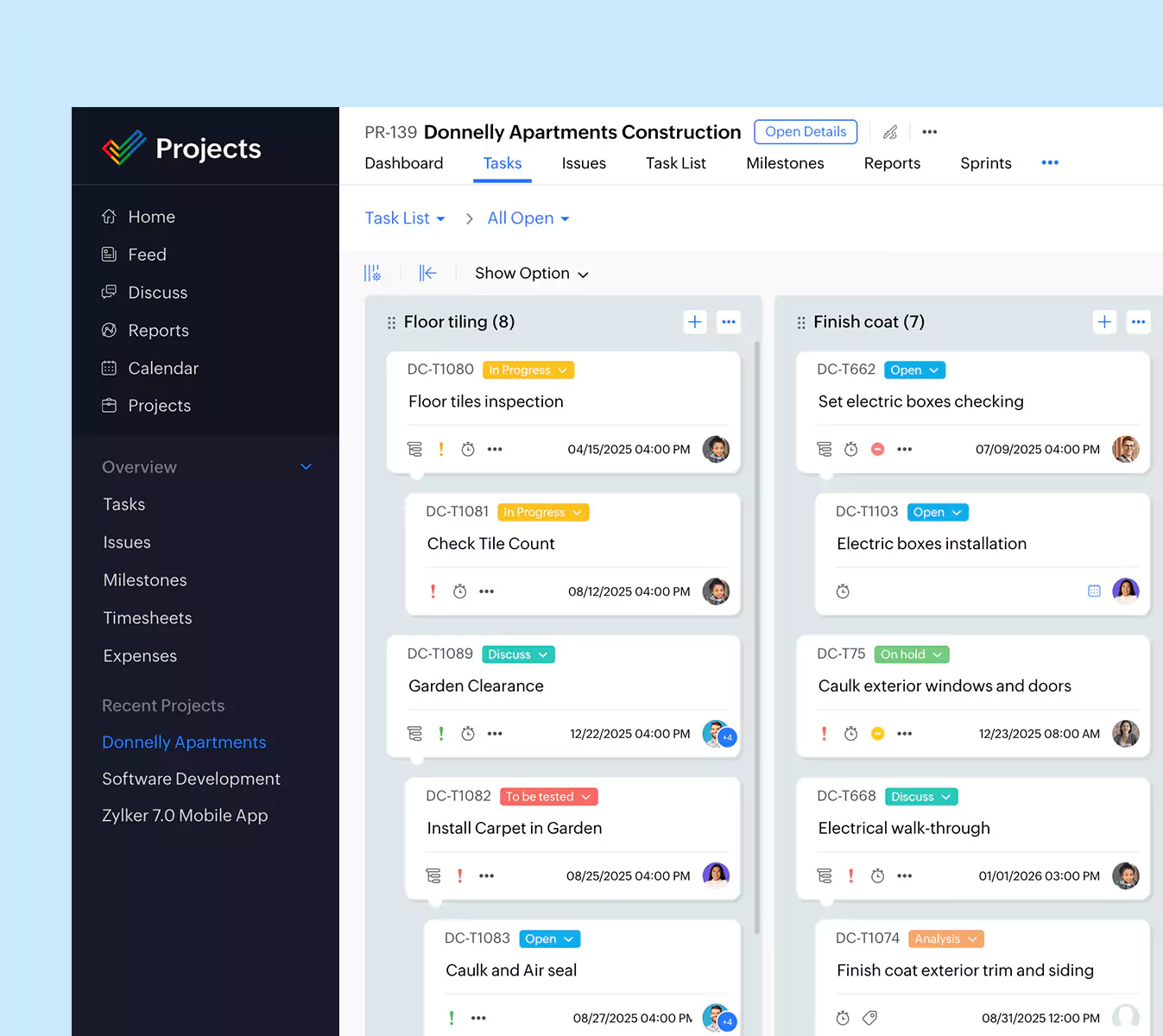
Key Features:
- Budget tracking
- Team collaboration
- Time tracking
- Integrations with the Zoho ecosystem
Why SalesTown Stands Out as the Best
SalesTown takes the top spot on our list for several compelling reasons:
1. Seamless CRM Integration:
Unlike most tools, SalesTown’s project management application integrates directly with its CRM, providing a unified platform for managing customer relationships and projects.
2. Customizable Workflows:
Tailor workflows to fit the unique needs of your team, ensuring maximum efficiency and productivity.
3. Real-Time Collaboration:
Facilitate instant communication and file sharing among team members to keep everyone aligned.
4. Cost-Effective Plans:
SalesTown offers affordable pricing plans suitable for businesses of all sizes.
5. Advanced Reporting:
Gain actionable insights into project performance with detailed reports and analytics.
6. User-Friendly Interface:
Designed to be intuitive, SalesTown’s application minimizes the learning curve for teams.
Customer Testimonial: “SalesTown has completely streamlined our project management process. The integration with CRM and the customizable workflows have been game-changers for our business.”
How to Get Started with SalesTown
Getting started with SalesTown’s Project Management Application is easy. Follow these steps:
Step 1: Sign Up for a Free Trial
Visit the SalesTown website and register for a free trial to explore the platform’s features.
Step 2: Customize Your Dashboard
Set up your workflows, priorities, and dashboard to align with your team’s needs.
Step 3: Integrate with Existing Tools
Connect SalesTown with your current tools, such as CRM, email, or communication platforms.
Step 4: Invite Team Members
Add your team to the platform, assign roles, and define responsibilities for effective collaboration.
Step 5: Start Managing Projects
Track progress, manage tasks, and generate detailed reports to stay on top of your projects.
With SalesTown’s Project Management Application, managing your projects doesn’t have to be a headache. Transform your workflow and achieve your business goals with ease.
Frequently Asked Questions (FAQs)
1. What is the best project management software for small businesses?
The best project management software for small businesses helps teams stay organized. It allows task tracking, team collaboration, and deadline management. It should be easy to use, affordable, and flexible. Popular choices are Trello, Asana, and Monday.com, which help small businesses complete projects on time and stay efficient.
2. How does project management software improve team collaboration?
Project management software improves team collaboration by providing a centralized platform for communication, task management, and progress tracking. It allows teams to share files, set deadlines, assign tasks, and update statuses in real-time. This enhances transparency, accountability, and efficient collaboration, leading to better project outcomes and faster decision-making.
3. Can I integrate SalesTown with other tools my business uses?
Yes, SalesTown offers integration with various third-party tools commonly used in businesses. This enables seamless data transfer and enhances the efficiency of your workflow. You can integrate SalesTown with CRM systems, marketing platforms, and other tools to optimize your processes and improve overall performance.
4. What features should I prioritize in project management software?
When choosing project management software, prioritize features like task tracking, team collaboration, time management, reporting tools, file sharing, and integration with other apps. Look for customizable workflows, real-time updates, and ease of use to enhance team productivity, streamline communication, and ensure efficient project execution.
5. Is SalesTown suitable for large enterprises?
Yes, SalesTown is suitable for large enterprises due to its robust features, including bulk email and WhatsApp marketing, CRM integration, and advanced automation. It supports scalability, handles high-volume communication, and provides comprehensive analytics, making it a perfect choice for enterprises looking to enhance customer engagement and streamline marketing operations.

